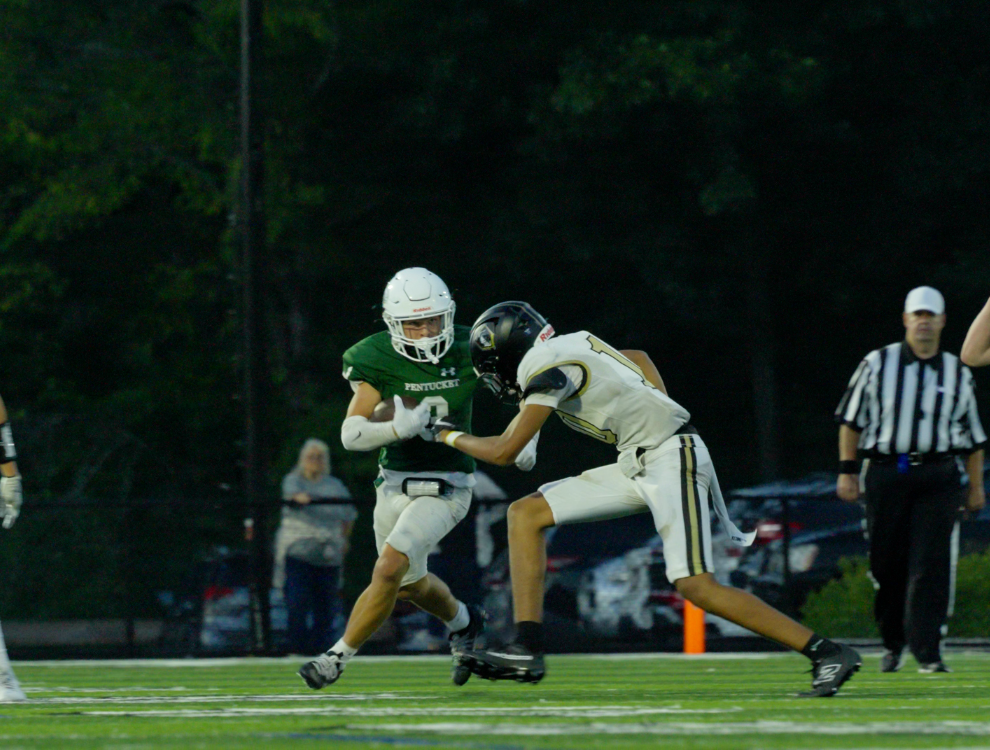Major depression and manic depression are two vastly different forms of mental illness. While they can coincide with conditions such as bipolar disorder, anxiety, and borderline personality disorder, clinical depression is typically its own diagnosis. Today, we’re going to talk about the two major kinds of depression and how they differ in symptoms, treatment, and onset.
Major Depression – A mental health disorder characterized by persistently depressed mood or loss of interest in activities, causing significant impairment in daily life.
More about it:
Some of the causes could be a combination of biological, psychological, and social sources of distress, the persistent feeling of sadness or loss, and losing interest. Those symptoms of major depression can lead to a range of behavioral and physical symptoms. Those could be changes in sleep, appetite, energy level, concentration, daily behavior, or self-esteem. This depression can also lead to an association with thoughts of suicide.
Treatment:
The usual treatment is usually medication, talk therapy, or a combination of the two. Increasingly, research suggests these treatments may normalize brain changes associated with depression.
Manic Depression – A disorder associated with episodes of mood swings ranging from depressive “lows” to manic “highs”. Can be associated with bipolar disorder, but can also occur on its own.
More about it:
A combination of genetics, environment, and altered brain chemistry plays a role in being diagnosed with manic depression. Manic episodes are very common when having this illness and these symptoms may include high energy, reduced need for sleep, and loss of touch with reality. Depressive episodes and just as common as manic episodes. These episodes may consist of low energy, low motivation, and loss of interest in daily activities. Last, there are mood episodes that will last days, to months at a time and may also be associated with suicidal thoughts.
Treatment:
Treatment is usually lifelong and often involves a combination of medications and psychotherapy.
Conclusion:
It’s important to remember that these two types of depression are two distinct mental health conditions that can greatly affect someone’s well-being. Even though both may be different with some similarities, they both can be treated. If you find someone in your life, including yourself, struggling with depression, be sure to reach out to a medical professional as soon as you can.



















Shannon Christopher • May 21, 2024 at 9:56 am
I like how this article shows the causes and how depression can affect someone. I never knew the difference between manic depression and the more common depression. Both of which can be treated but may require different conditions in order to feel better. The article is very informative and is very well written.
Emma • Jan 22, 2024 at 12:24 pm
I learned a lot from this article. I had no idea that there were so many different types of depression and how rough they could be. The format of this article also helped me understand the topics a lot more.